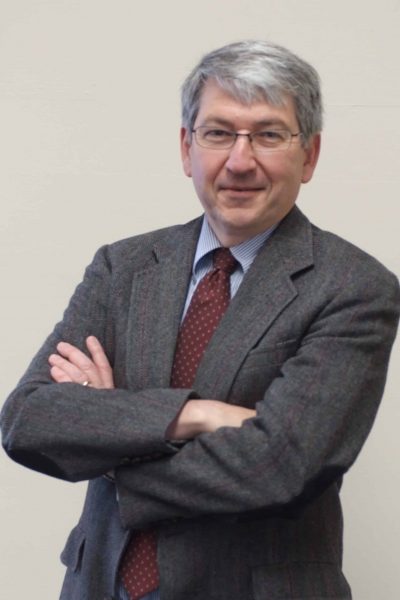Students Studying the Presidential Election Weigh In On the Issues
“The views of these W&L students are well worth considering. The authors are experiencing their very first presidential election as adults and voters.”
What do college students think about the very unusual 2016 presidential election?
At Washington and Lee University there is a long tradition of paying close attention to presidential politics. For over a century the campus has sponsored one of the nation’s oldest and most highly regarded student mock conventions. W&L students stop their regular studies for a weekend in January or February of each presidential election year and—in a hall decked out like a real political convention (with balloons harnessed to the ceiling)—they listen to prominent political speakers and make a prediction about which candidate will win the nomination for the party out of power. This year, they correctly predicted a Trump triumph in the hotly contested Republican nomination process.
Now, in the fall of 2016, a group of students at W&L are taking a course on the ongoing presidential race, taught by Bob Strong, William Lyne Wilson Professor of Politics. They come from a variety of majors and a variety of classes. Some are newly arrived on campus, some are getting ready to graduate. They are all reading election history, candidate biographies and expert commentary on the current system of primaries and caucuses that screen potential presidents.
And they are writing about the election in op-ed essays.
Below are links to some of those essays. Written by students for a public audience, the essays consider historical precedents for the 2016 election, issues under debate in this contest and the ways in which the competition between Hillary Clinton and Donald Trump may be unique and unprecedented.
“Obviously, a few student essays can’t speak for a whole generation, or for college students across the country,” said Strong. “But the views of these W&L students are well worth considering. The authors are experiencing their very first presidential election as adults and voters. They are struggling to put events in the torrent of political news into some sort of context.”
According to Strong, their essays have interesting takes on which details, which historical precedents and which issues help us understand the whirlwind of words that rush by in a presidential contest.
“They are,” said Strong, “absolutely worth reading.”
 Robert Strong
Robert Strong
You must be logged in to post a comment.